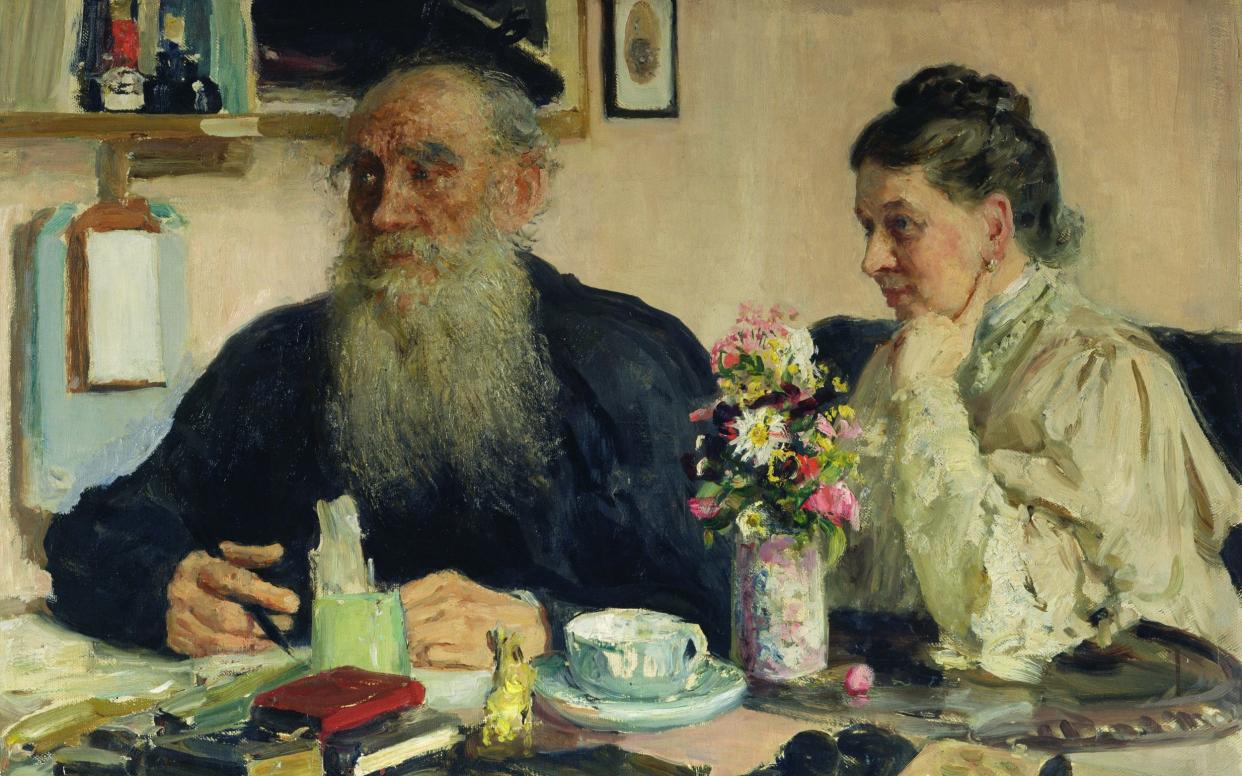Conservatives shouldn’t be frightened of anarchism

On August 31 1901, President William McKinley was shot. His assassin, Polish-American anarchist Leon Czolgosz, was tried, executed, and his body doused in acid so that the anarchists of the age would be deprived of a corpse to venerate. Czolgosz, unemployed and malcontent, had turned to violence after learning of the actions of European anarchists, which had seen crowned heads of Europe begin to topple like skittles in the face of anarchist rage.
The truth is, had his body been preserved and a shrine erected in his memory, the anarchists of today would be unlikely to dignify it with more than cursory curiosity. I know, I am one and can report first hand that the reality of contemporary anarchism couldn’t be further from the nihilistic world of bombs and bullets.
So I winced to read about the trial and conviction of “Left-wing anarchist” Jacob Graham, sentenced this week to prison for 13 years. Graham, who lived in his mum’s spare bedroom in Merseyside, called himself “Destro the Destroyer”, his grudge against society leading him to plot the murder of 50, threaten his old school, and collect bomb-making materials.
No wonder anarchism’s nasty reputation persists. But the truth is that this is a movement dedicated to building a non-coercive society along non-violent lines. The society we want is one of personal responsibility, respect and cooperation, not hate-fuelled “justice” down the barrel of a gun.
It’s true that anarchism can have violent and nihilistic tendencies; we are, by definition, an unregulated movement. Nothing stands in the way of angry young men donning black masks and heading to the streets to create mayhem in the name of anarchy.
But anarchism is a broad spectrum of thought and action, and while fringe figures like Graham are part of that, you’re also likely to find in our number the kind of people you would more normally associate with village fetes.
Often the reality lies somewhere in between. As a former angry young man, I too was drawn to the mysterious, violent reputation of anarchism; I wanted to lash out at a society I found cold and coercive.
After a few years of cohabiting with other angry young (and mostly) men in squats, bedsits, and protest camps I became disenchanted. Not with anarchism, but with the small and squalid world that exists on the peripheries of all political movements; the world of hangers on and agitators using politics as a feeble attempt at some sort of self-worth boosting exercise.
As I grew older, I was able to move into new circles. Alongside like-minded friends, I re-discovered the beauty of political idealism, diving deep into the world of political thought and moving away from the self-satisfying luxury of action without thought.
I discovered a new, just as real and far more important world of anarchism, one defined by critical thought and accountability, commitment to persuasion and “mutual aid”, the anarchist practice of helping others. In institutions like Freedom Press and the Industrial Workers of the World, I found communities of dedicated thinkers and activists with radical, but not brutal views. I returned to education, specialising in anarchist thought during my studies at the LSE and found a tradition richer and more nuanced than I could have possibly imagined.
This tradition includes Leo Tolstoy, Oscar Wilde, George Orwell; even J.R.R Tolkien expressed support for aspects of anarchism. More recently, the composer John Cage and sci-fi author Ursula Le Guin have been counted among our ranks. But while authors and artists can be relied on to lend symbolic support to all manner of left-field political causes, you might be more surprised that one of the biggest recent cheers for anarchism – whether he knew it or not – came from David Cameron when he was Conservative PM.
The Big Society, a cost-saving initiative that reads more like an anarchist manifesto for the 21st Century than the policy of a Conservative government, promised the localisation of power, support for co-ops and similar worker-run organisations, and an emphasis on volunteering. In essence, a shift from the idea of the state as service provider, to the community.
In fact, the strong similarities between conservatism and anarchism are not as surprising as they sound. After all, anarchism is fuelled by a sense of duty, community contributions, and individual freedom. It is understood that in a society where everyone has a stake, people will want to work for the betterment of each other and themselves. Delegating responsibility to the state to sweep the streets, feed the poor, and manage social problems is a dereliction of our own duty to one another, a dereliction we pay for in liberty.
Better, say anarchists, for communities to manage themselves, work for themselves, and share the spoils amongst themselves. On a small scale, you might think of the clamour to take pubs into community ownership, or the general preference for people to own a share of the freehold of their property, running maintenance as a community of residents rather than paying fees to some distant, rapacious freeholder.
Of course, we anarchists are idealists as well as localists. In 1840, when French theorist Pierre Joseph Proudhon declared that “as man seeks justice in equality, so society seeks order in anarchy”, his vision exceeded small-scale exercises in self-management. This grand vision for a new society was echoed in work by Bakunin, Kropotkin, and free love evangelist Emma Goldman, all of whom imagined a society in which we, together, could strip away the self-serving bureaucracy of government and run our own communities for the benefit of all. Jacob Graham was more interested in killing than in realising this dream.
He does not speak for anarchists like me.

